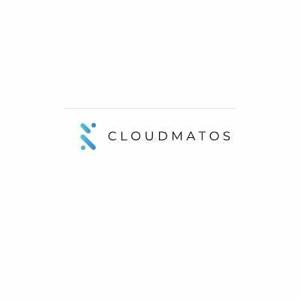In an era where businesses are increasingly reliant on cloud computing, ensuring the security and compliance of cloud workloads has never been more critical. With the rising frequency of cyber threats and stringent regulatory requirements, organizations must adopt robust strategies to protect their data and applications. This is where cloud workload protection and cloud compliance tools come into play.
Understanding Cloud Workload Protection
Cloud workload protection refers to the comprehensive security measures implemented to safeguard cloud-based applications and data from various threats. As organizations migrate their workloads to the cloud, they expose themselves to unique vulnerabilities that traditional security solutions may not address effectively.
Cloud workload protection solutions typically encompass several key features, including:
Threat Detection: These tools continuously monitor cloud environments for potential security threats, including malware, unauthorized access, and data breaches.
Vulnerability Management: By identifying and mitigating vulnerabilities within cloud workloads, organizations can reduce the risk of exploitation by cybercriminals.
Runtime Protection: This involves securing applications during their execution phase, ensuring that they function as intended without being tampered with.
Data Encryption: Protecting sensitive data through encryption both at rest and in transit is essential for maintaining confidentiality and compliance with regulations.
The Role of Cloud Compliance Tools
As organizations adopt cloud technologies, they must also adhere to various industry regulations and standards, such as GDPR, HIPAA, and PCI DSS. Cloud compliance tools help businesses navigate these complex requirements by providing visibility and control over their cloud environments.
Key functionalities of cloud compliance tools include:
Automated Compliance Checks: These tools regularly assess cloud configurations and workloads against established compliance frameworks, ensuring that organizations remain compliant.
Reporting and Auditing: Comprehensive reporting capabilities allow organizations to generate audit trails, demonstrating compliance during inspections and reviews.
Risk Assessment: By identifying areas of non-compliance or potential risks, organizations can proactively address vulnerabilities before they become critical issues.
Policy Management: Cloud compliance tools enable organizations to define and enforce security policies across their cloud environments, streamlining compliance efforts.
The Importance of Integrated Solutions
Integrating cloud workload protection and compliance tools is vital for a holistic security approach. By combining these solutions, organizations can enhance their security posture while ensuring compliance with regulatory requirements. This integrated approach not only mitigates risks but also fosters trust with clients and stakeholders.
Conclusion
In today’s digital landscape, safeguarding cloud workloads and ensuring compliance is crucial for the success and sustainability of businesses. CloudMatos offers comprehensive cloud workload protection and compliance tools designed to help organizations navigate the complexities of cloud security. With our solutions, businesses can confidently protect their digital assets while remaining compliant with evolving regulations. By choosing CloudMatos, you empower your organization to thrive in the cloud, knowing that your security and compliance needs are in capable hands.



Write a comment ...